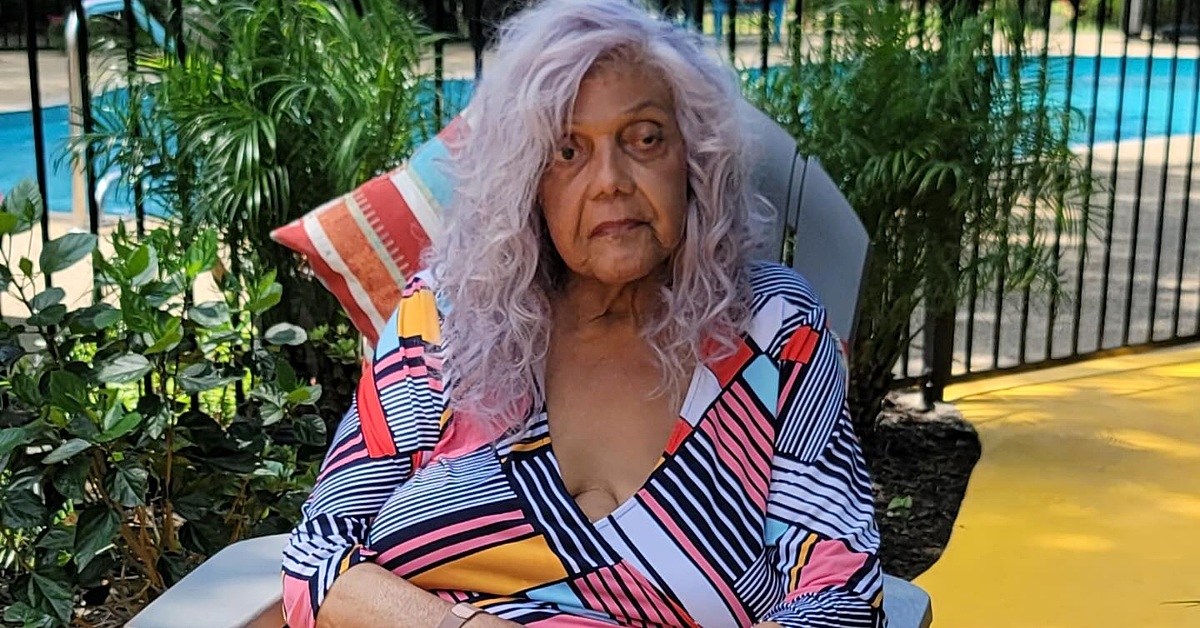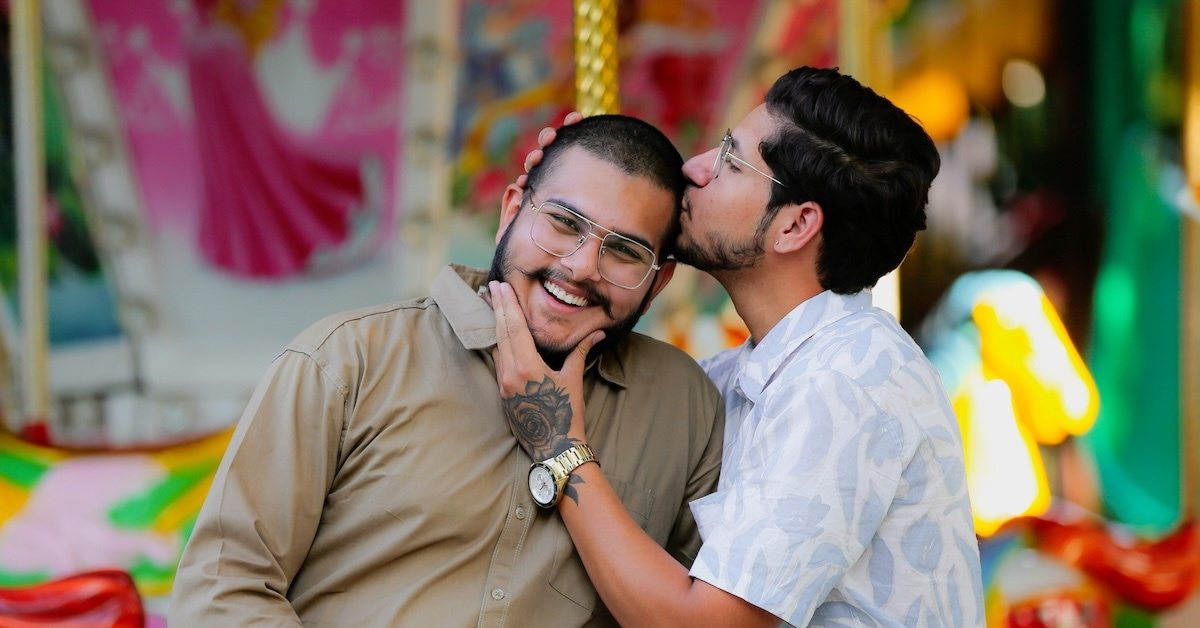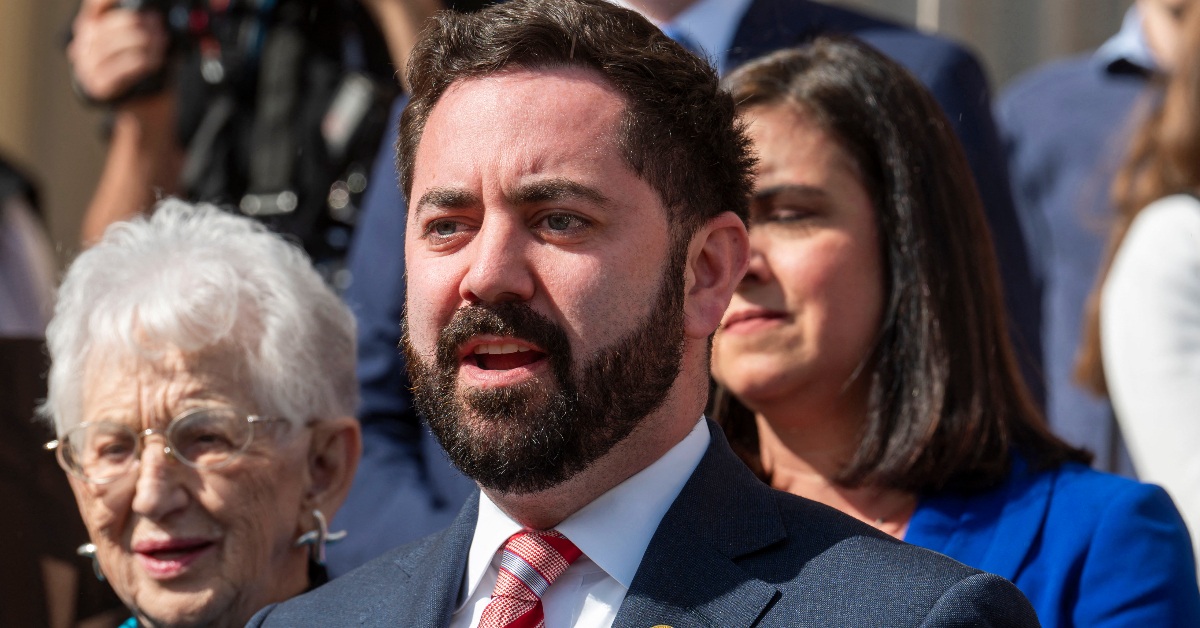BY: Jasmine Franklin
Published 2 months ago

The fight over who gets to define gender might be heading back to court. Victoria McCloud, the UK’s first transgender judge, has taken a bold step by filing a complaint with the European Court of Human Rights (ECHR). The UK Supreme Court’s “biological sex” ruling from earlier this year misgenders her, strips her of dignity, and denies her rights under European law. The case is not just about one judge. It is about how the legal system treats trans people when identity and authority collide.
Why the UK’s First Trans Judge Is Challenging the Same Sex Rule
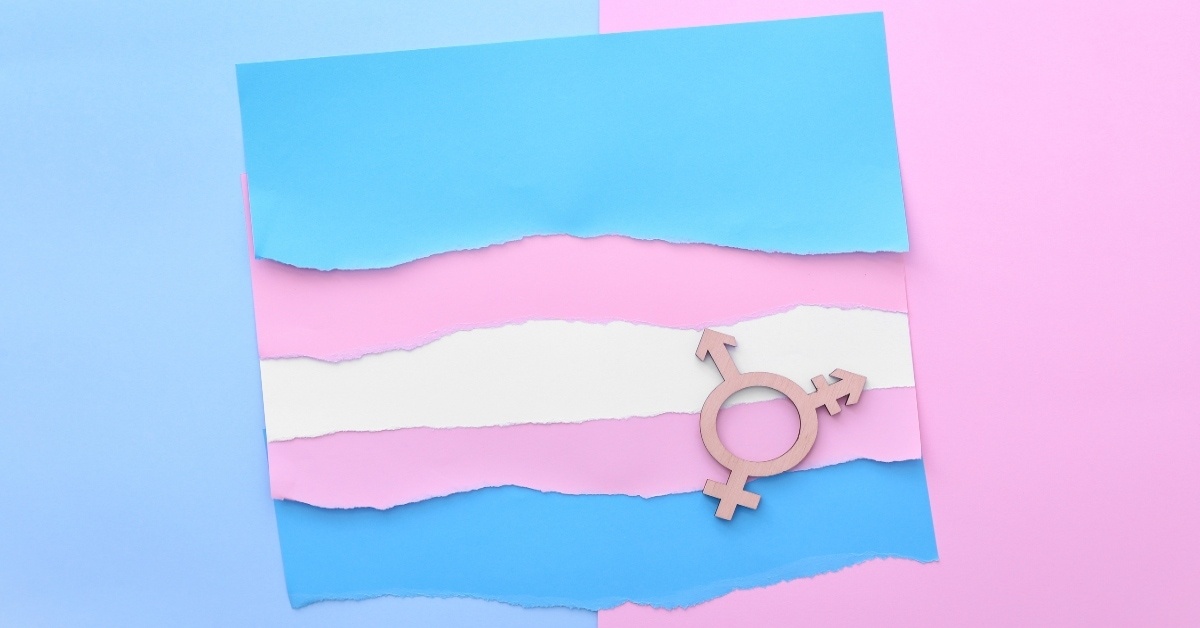
Earlier this year, the UK Supreme Court issued a judgment that centered on “biological sex” in a case involving gender recognition. That decision effectively limited the ability of trans people to have their affirmed gender recognized in certain legal contexts. For McCloud, the ruling cut deeper than most. She lives her life as a woman, serves in one of the most respected legal roles in the country, yet finds herself legally reduced to her assigned sex at birth.
According to The Guardian, McCloud alleges that the Supreme Court violated Articles 6, 8, and 14 of the ECHR in its ruling. She says it cut into her right to privacy and family life. However, the ECHR hasn’t revealed if it will accept her complaint.
The Independent reports that Oscar Davies, the UK’s first openly non-binary barrister, and Olivia Campbell-Cavendish, the country’s first openly Black trans lawyer, represent McCloud. Campbell-Cavendish is also the founder of Trans Legal Clinic, which is raising funds for McCloud.
The European Court of Human Rights has the power to challenge member states when domestic laws conflict with human rights standards. By taking her case to Europe, she signals that the UK’s highest court has failed her and that she will not allow its decision to stand unchallenged.
What a Reversal Could Mean for Queer Communities in the UK
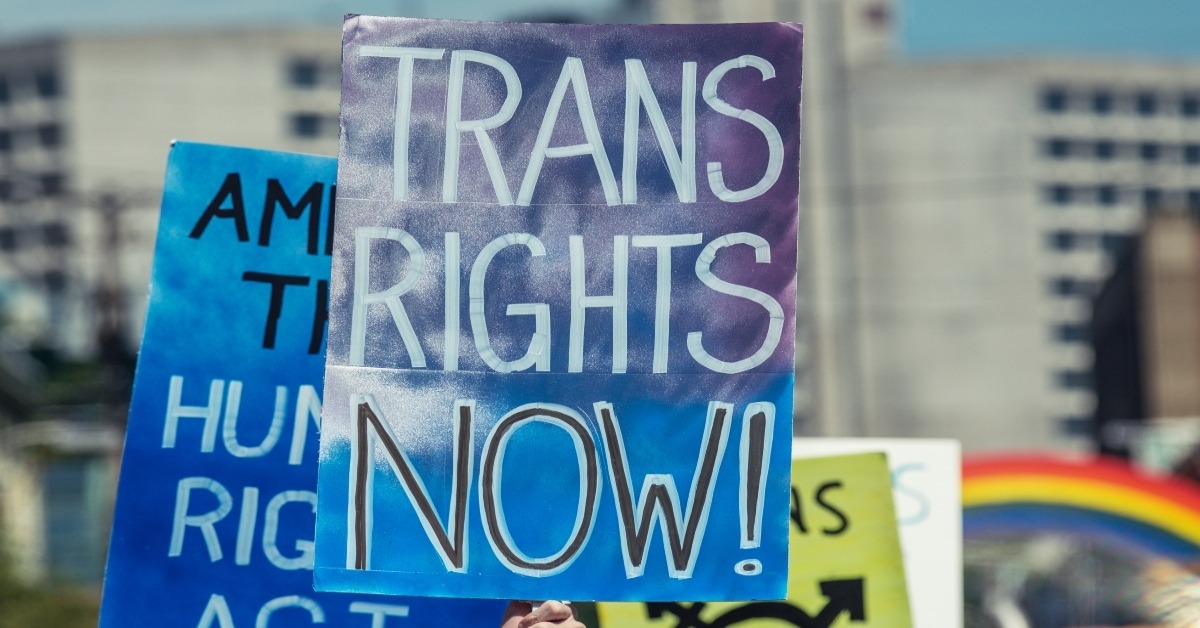
If the European Court sides with the judge, the decision would have a ripple effect across the UK. It could reset how courts, schools, and public bodies interpret the concept of gender identity. A reversal would not only validate her fight but also reinforce legal protections for trans people across the country. It would mean that institutions could not ignore or override gender identity in favor of birth certificates.
For queer communities, the stakes are enormous. The ruling could affirm that their lives and identities carry equal weight under the law. It would give trans youth growing up in the UK a signal that outdated definitions do not already constrain their futures. It would also challenge the current climate, where debates over bathrooms, sports, and public services often weaponize the concept of “biological sex.”
This case forces a larger reckoning: what happens when the system itself misgenders you? It is about every trans person who walks into a government office, a classroom, or a courtroom and sees their identity erased.
The Future of Identity Could Be Decided in UK Courts
If the decision stands, it could embolden policies that lean on narrow definitions of sex to exclude or restrict. For queer people in the UK, this is not an abstract legal drama. It is about safety, recognition, and belonging. The judge’s complaint asks the court to recognize that dignity cannot survive in a system that insists on misnaming its people. When a UK trans judge complains about the biological sex rule, she is not only seeking justice for herself. She is arguing that the law must see trans lives as fully human.
What do you think about this case? Share your thoughts in the comments.
